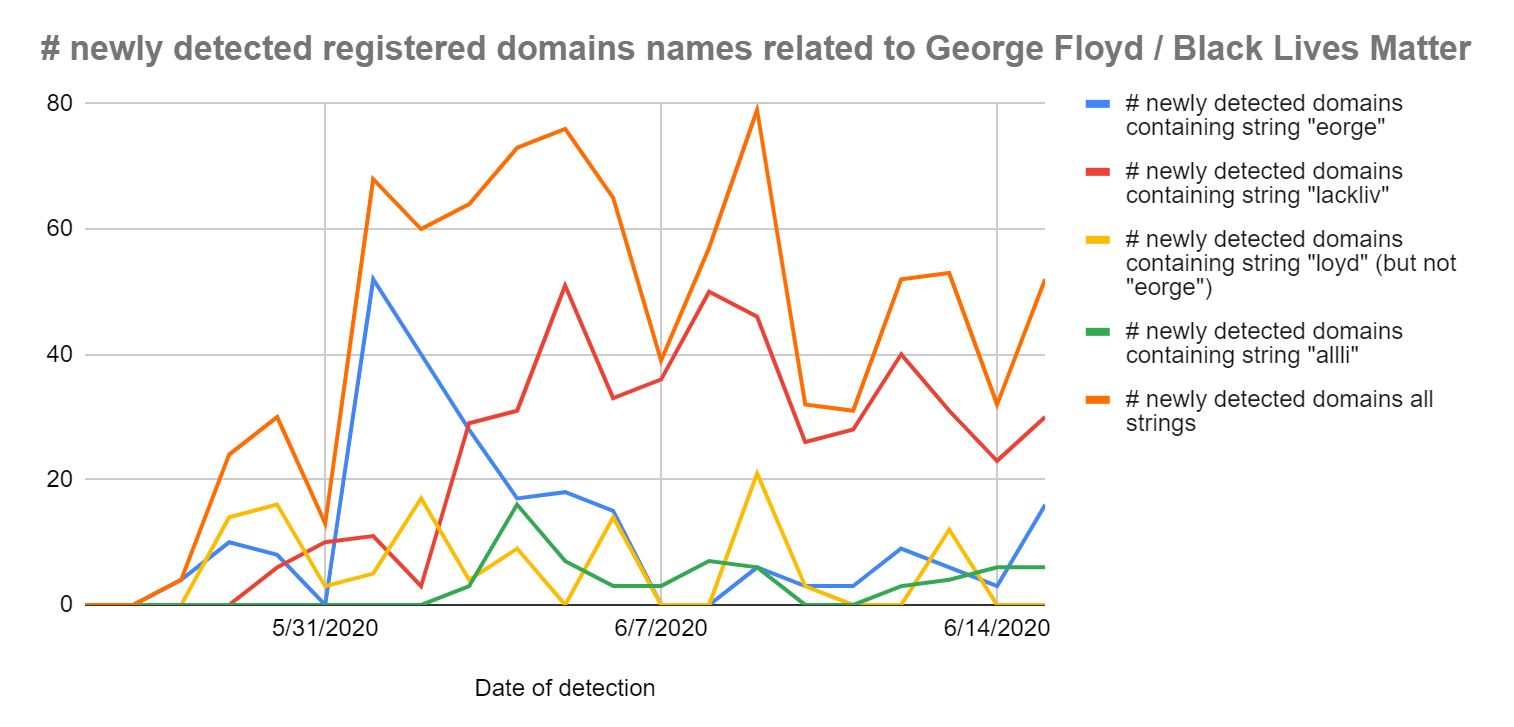903 reads
#BLM Triggers Thousands Of Domain Registrations : What This Means
by
July 14th, 2020

Top Whois, DNS, IP and threat intelligence data provider. We provide APIs, databases, and tools.
About Author
Top Whois, DNS, IP and threat intelligence data provider. We provide APIs, databases, and tools.
